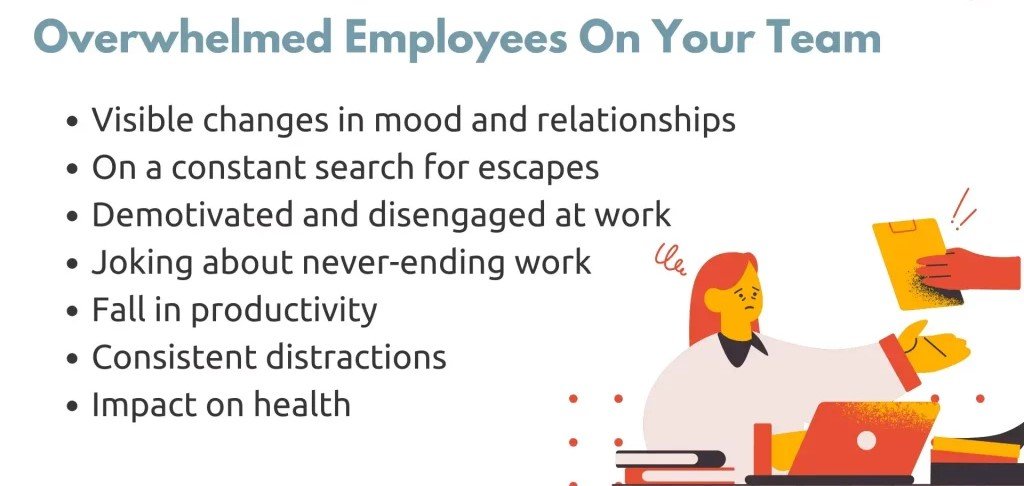In today’s fast-paced world, staying relevant requires continuously learning new skills, especially for career advancement. Embracing technology and mastering new competencies are crucial for achieving greater heights. However, a recent report reveals that many employees struggle to focus on this essential task.
A staggering nine out of ten people in the country are held back from learning new skills due to work and family pressures. Many professionals find it challenging to utilize the learning opportunities provided by their organizations, according to research conducted by the professional networking platform LinkedIn.
The report indicates that 34 percent of employees can’t prioritize skill development because of family responsibilities or personal reasons. Another 29 percent cite busy work schedules, while 26 percent point to a lack of available learning resources. Nirajita Banerjee, Senior Managing Editor and Career Expert at LinkedIn, underscores the urgency of this issue: “By 2030, the skills required for jobs in the country will change by 64 percent. It is essential to focus more on learning new things to keep up.”
These findings highlight the need for a balance between work, personal life, and continuous learning to thrive in an ever-evolving job market.
7 Ways to Help Overwhelmed Employees on Your Team
Your team’s productivity is built upon the efforts of your team members. With the valuable assistance of their managers and leaders, employees strive to set new standards of efficiency in the organization. However, employees often feel overwhelmed by the constant flow of work. This sense of being overwhelmed can stem from both workplace and personal issues in an increasingly connected world.
Overwhelmed workers cannot contribute effectively, losing focus and willingness to work, which significantly impacts team performance. This poses a significant challenge to managers. This blog will explore solutions to help overwhelmed employees in your team, starting with understanding why an employee might feel overwhelmed at work. After this, you can develop growth strategies to enhance your team’s productivity. Let’s get started!
Identifying Overwhelmed Employees on Your Team
There isn’t a uniform picture of the overwhelmed employee, but you can generally identify them by their tired appearance and a task list that runs longer than their work hours. Overwhelmed workers appear stressed and might lose the ability to focus, adopting a haphazard working style. This mess often prevents them from achieving their true potential. To help these employees, you need to begin by identifying who they are.
Signs of an Overwhelmed Employee:

- Visible changes in mood and relationships: Overwhelmed employees might become inconsiderate toward their team members, leading to increased conflicts over seemingly simple matters. They may reduce engagement, showing up less for meetings and informal arrangements.
- Fall in productivity: Constant stress about pending tasks can lead to missed deadlines or half-baked assignments, as overwhelmed employees struggle to manage their workload efficiently.
- Consistent distractions: Difficulty in focusing on tasks can lead to frequent distractions and reduced productivity.
- Constant search for escapes: Overwhelmed employees may look for getaways, such as watching TV or browsing the internet, leading to higher absenteeism and physical health issues.
- Impact on health: Stress from being overwhelmed can cause headaches, poor concentration, and lack of energy, along with lifestyle diseases like high blood pressure and mental illnesses like anxiety.
- Demotivated and disengaged at work: A heavy workload can demotivate employees, making them lose interest in their work and affecting team morale and performance.
Why Does Your Team Feel Overwhelmed?
Understanding why employees feel overwhelmed is crucial. Common reasons include:
- Adapting to change: Starting a new job or taking on new tasks can make employees feel overwhelmed.
- Insufficient training: Lack of support during transitions can leave employees feeling lost.
- Unsupportive culture: Companies valuing team achievement over individual recognition can overwhelm employees.
- Constant team changes: Frequent organizational changes can confuse and overwhelm employees.
- Tight deadlines and resource crunch: High workloads with tight deadlines can be overwhelming.
- Bad planning and prioritizing: Poor goal setting and lack of clear documentation can confuse employees.
How to Motivate Overwhelmed Employees
As per a Deloitte study, 65% of executives consider overwhelmed employees a top concern, yet 44% admit they are not ready to handle the issue. This is a significant red flag for any organization. To address this, managers can take several steps:
- Understand their concerns through one-on-one sessions: Schedule regular one-on-one sessions to help employees open up about their frustrations.
- Build clarity in daily engagements: Ensure a clear flow of information and model effective working habits.
- Recognize their achievements: Acknowledge employees’ hard work to boost morale and motivation.
- Balance autonomy and delegation with guidance: Delegate tasks reasonably and provide the necessary support.
- Practice efficient time management: Set realistic deadlines, track progress, and ensure time for rest and relaxation.
- Help with stress management: Provide tools and resources for stress relief, such as meditation techniques or counseling services.
- Provide coaching and training as needed: Offer coaching and training sessions to help employees manage their time, stress, and workload effectively.
By following these steps, managers can help overwhelmed employees regain their balance and return to work feeling refreshed and ready to tackle new challenges.



















